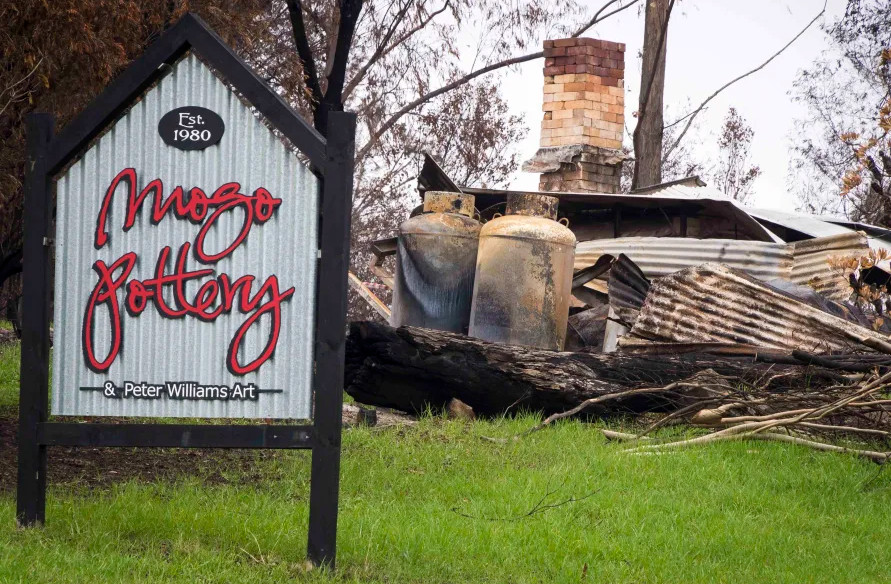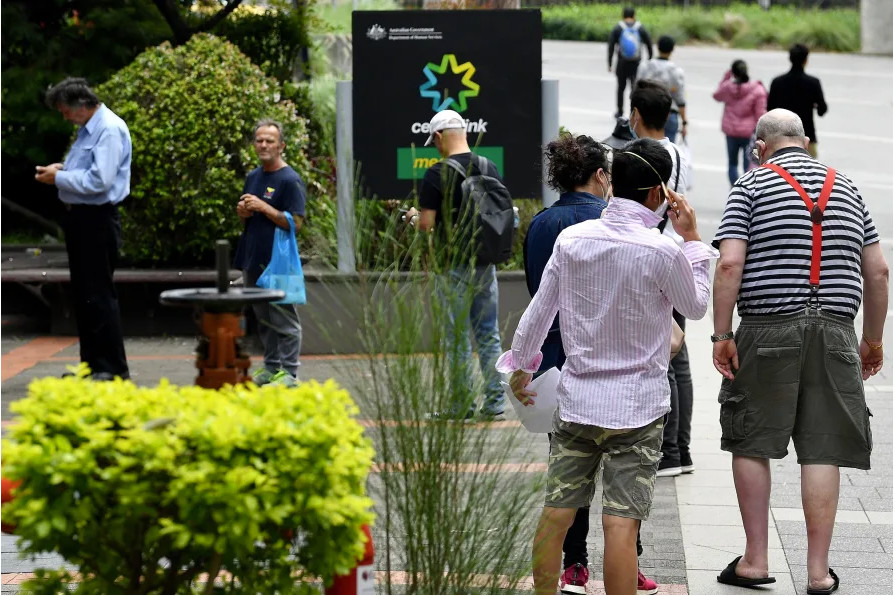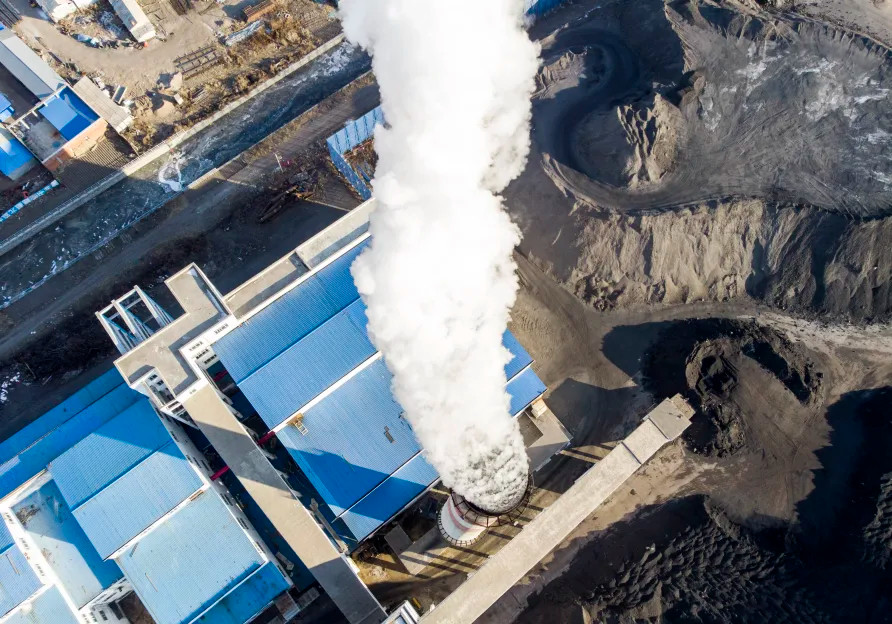
Health & Medicine
Simple ways to support people dealing with traumatic events

While Australia’s state and federal governments responded rapidly to COVID-19, the response to the summer’s devastating bushfires suffers by comparison
Published 26 May 2020
This summer’s bushfires left a horrifying legacy for many Australians.
With approximately 110,000 square kilometres (or 27.2 million acres) burnt, the impact remains widespread for so many people.
Those who lost loved ones, friends or neighbours; the 3,000 families who lost their homes; the many who have suffered major disruptions to livelihoods; the 5.1 million people impacted by bushfire smoke; and the many people experiencing trauma and its associated impact on mental health.
Then there is our wildlife; more than one billion died.

This terrible experience was then closely followed by the COVID-19 pandemic.
For many of those directly impacted by the bushfires it is likely to be severely disrupting to their recovery. Needs like clearing up, restarting businesses, regaining income, community support and comfort have all been put on hold.

Health & Medicine
Simple ways to support people dealing with traumatic events
Receipt of bushfire financial aid from government has been very slow, with less than 0.5 per cent of funding distributed by the beginning of April.
It becomes difficult to fill in application forms when so many important documents have been destroyed.
I actually lost my Australian citizenship as a result of a 1983 bushfire as I couldn’t fill in the official documentation within the set time saying that I wished to remain an Australian instead of British. My birth and marriage certificates had been burnt, along with the house.
On 22 February 2020, just as the impact of COVID-19 was beginning to take hold, the The Royal Commission into National Natural Disaster Arrangements was announced.
The Commission aims to form recommendations for mitigating, and responding to, future natural disasters, with a strong emphasis on rehabilitation from the 2019-20 fires.
The complexities of dealing with two major disasters at the same time is evident.

For example, the Commission’s planned community forums on bushfire have been suspended due to the pandemic.
However, COVID-19 may well have done the Royal Commission and the Australian public an unexpected favour. Australia was largely unprepared for either the major bushfires or the pandemic. Yet the government’s response to both, was very different.

Environment
Disasters, planning and Australian tourism
The response to the bushfire crisis has been described as insufficient and slow. Internationally, it is now common to employ the defence forces in direct fire suppression, a tardy ‘assistance’ role was provided by the defence force in Australia.
In contrast, Australia has shown a rapid and comprehensive response to COVID-19.
Both our federal and state governments recognised that they needed scientific advice on how to respond to the pandemic and their policies have been led by science.
Prevention responses were rapidly put in place. Australian borders were closed, and people were asked to isolate themselves in their homes.
The government also recognised that parts of the economy needed to be sacrificed to protect lives. Financial responses were put in place to prevent economic collapse in some sectors. Potential job losses were addressed through JobKeeper payments, unemployment benefits were doubled and grants were made to key industries.

While not perfect, action was decisive and swift.
It appears that the response to COVID-19 has been very effective. We will learn more in the future about the effectiveness of the measures to protect the economy.
This overlapping of disasters has given the Royal Commission an opportunity to take on board the learnings from the pandemic response.

Health & Medicine
Will COVID-19 change what it means to be unemployed?
The first is that scientific advice should lead policy, not ideology.
The second is that prevention is absolutely key to getting through disasters with the minimal possible adverse impact.
Clearing through my old papers recently, I found many scientific reports and books written in the past two decades, flagging the impact of climate change if prevention measures aren’t put in place – floods, droughts and bushfires – all seemingly ignored.
Let us hope that the Royal Commission becomes a turning point for Australia’s response to bushfires, offering good recommendations on which the government will act.
The Cambridge dictionary defines rehabilitation as ‘to return something to a good condition’. Rehabilitation can have both short and longer-term ‘good condition’ targets. Those most at risk need timely and sufficient short-term assistance to enable them to recover successfully from trauma.

However, returning to a good condition will also need adequate preventative action to facilitate the smallest possible adverse impact of future disasters.
There are many actions the Commission will hopefully recommend. These include strong action on climate change by Australia – immediately moving away from all fossil fuels, gas included.
Bushfire action also includes addressing the prevention of human ignitions and improving planning legislation as well as fire safety measures in existing houses in areas vulnerable to bushfire.

Yes, this will dent the economy, but it will also be important in returning social, environmental and economic states ‘to a good condition’.
According to Stuart Ellis, chief executive of the Australasian Fire and Emergency Service Authorities Council, there may be some value in a new inquiry, but not at the expense of action.
While there remains considerable uncertainty about the course of the pandemic, let’s deal with what is certain – greenhouse gas reductions are urgently needed now.
The Australian state and federal governments have now proven they can move swiftly and decisively at a time of crisis – heeding expert advice. Now they just need to do the same when it comes to bushfires.
Associate Professor Janet Stanley is part of a team of researchers at the Melbourne Sustainable Society Institute (MSSI) and the Melbourne School of Design to make a submission to the Royal Commission into National Natural Disaster Arrangements.
Banner: Getty Images